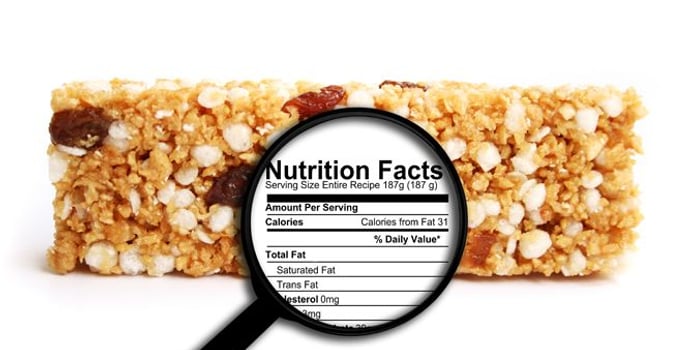Overview
Being overweight increases your risk for chronic diseases, such as heart disease and diabetes, and may have negative psychological implications. A review published in 2010 in Archives of General Psychiatry found that being obese increases your risk for being depressed. Fortunately, healthy lifestyle changes can help you shed pounds. Reducing your calorie intake is often one of the most effective weight-loss strategies.
Safe Calorie Reductions
The Centers for Disease Control and Prevention, or CDC, suggests overweight and obese adults reduce their current energy intakes by 500 to 1,000 calories daily with a weight-loss goal of 1 to 2 pounds weekly. Based on this guideline, if you normally eat 2,300 calories daily, aim for 1,300 to 1,800 calories per day instead to lose weight effectively. If your usual intake is 3,300 calories daily, shoot for 2,300 to 2,800 calories every day. While losing 1 to 2 pounds per week may not seem like much, this slower rate of weight loss is most effective for long-term success, notes the CDC.
Calories Based on Weight
If you're unsure what your usual calorie intake is and want to estimate your caloric needs easily, use your desirable body weight as a guide. A study published in 2013 in the Journal of Clinical Medical Research reports that eating 11.4 calories per pound of your ideal body weight is often recommended for weight loss in obese adults. For example, an overweight woman with an ideal body weight of 120 pounds needs about 1,368 calories daily, while a man with a desirable weight of 175 pounds should aim for 1,995 calories daily to shed pounds and keep the weight off. Individualized weight-loss calorie goals will vary based on your daily activity level.
Determining Ideal Body Weight
Your ideal body weight falls within a range based on your height and frame size. The University of Washington suggests ideal body weights for women are 100 pounds for the first five feet of height plus 5 pounds for each additional inch, while men's desirable weights are 106 pounds for the first 5 feet of height plus 6 pounds for each additional inch -- plus or minus 10 percent for variations in frame sizes. Based on this guideline, a 5-foot-4 woman has an ideal body weight of 108 to 132 pounds, and a 5-foot-10 man has a desirable weight within the range of to 149 to 183 pounds. Athletes with lots of muscle mass may exceed these ideal weight ranges but have low amounts of body fat, because muscle weighs more than fat.
Very Low-Calorie Diets
While a drastic calorie reduction may lead to rapid weight loss, it could also cause health problems -- such as fatigue, nausea, constipation, nutrient deficiencies and gallstones. Therefore, you should only follow very low-calorie diets -- often providing just 800 calories per day -- under medical supervision. Harvard Health Publications suggests that women seek healthcare supervision when consuming fewer than 1,200 calories daily, and men have medical assistance if they drop below 1,500 calories per day. Obese adults with high risks of developing obesity-related health conditions should check with their doctor to see if a medically-supervised, very low-calorie weight-loss diet is appropriate. 
An experienced health, nutrition and fitness writer, Erin Coleman is a registered and licensed dietitian and holds a dietetics degree from the University of Wisconsin-Madison. She also has worked as a clinical dietitian and health educator in outpatient settings. Erin's work is published on popular health websites, such as TheNest.com and JillianMichaels.com



